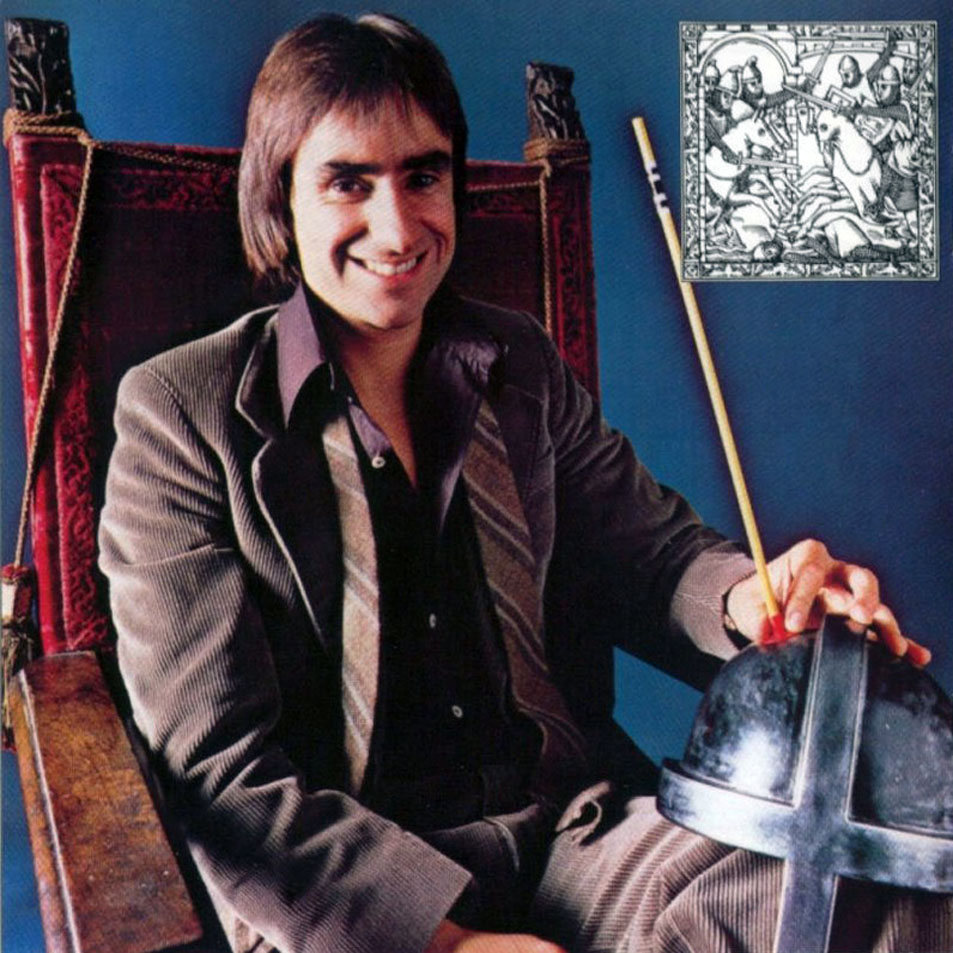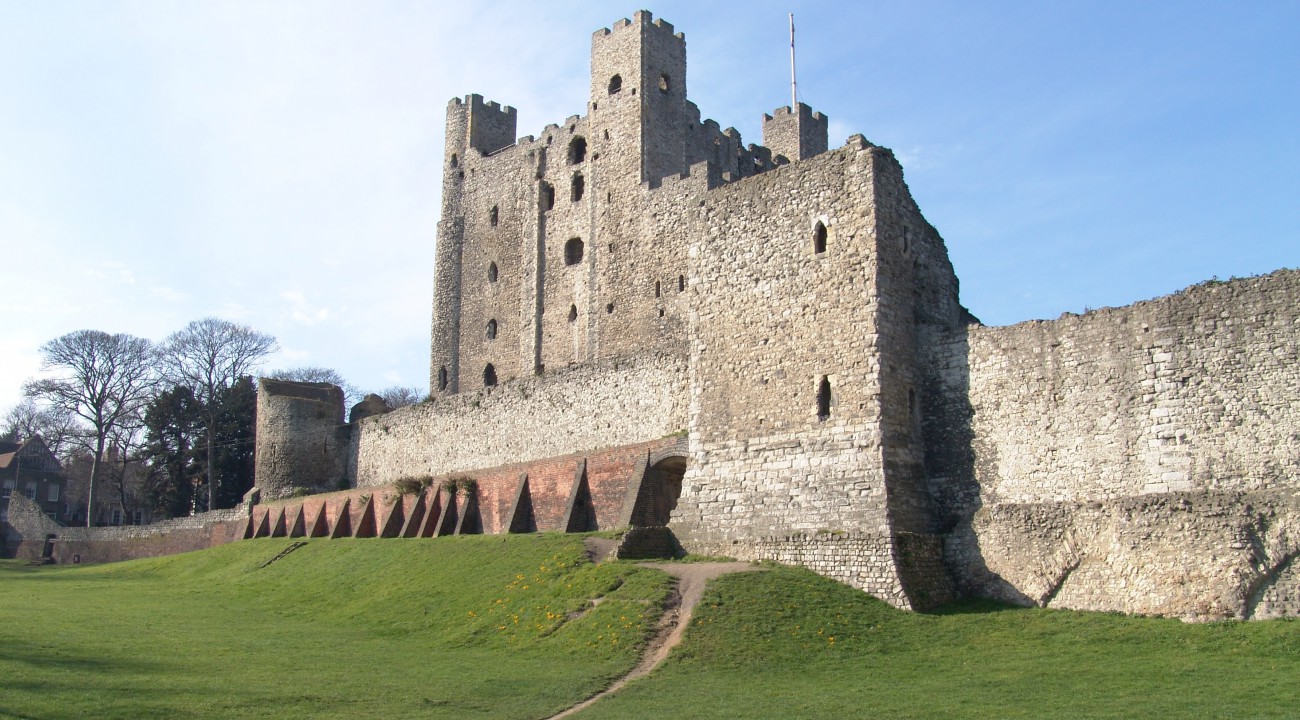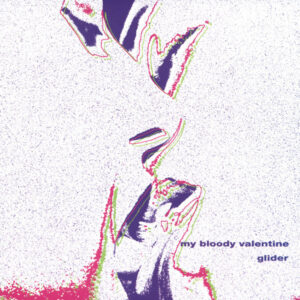Let’s just for a moment pretend that Chris de Burgh never wrote ‘The Lady In Red’. Let’s also pretend that ‘Don’t Pay the Ferryman’ was never recorded, let alone ‘a minor hit in the states [sic]’ as alleged on his official website. Indeed, let’s go so far as to say that Chris de Burgh never existed at all.
Okay, perhaps that’s taking things a bit too far.
However if, like me, you grew up on Chris de Burgh’s records, you can probably understand why I get frustrated when people mention those two songs as if that’s all Chris de Burgh ever did.
For the benefit of the vast majority of the world’s population, therefore, I’d like to set the record (no pun intended) straight. In fact, an analysis of Chris de Burgh’s early albums shows that he was already a formidable songwriter. The lyrical prowess demonstrated on ‘Don’t Pay the Ferryman’ was no fluke.
The early Chris de Burgh albums
Chris de Burgh (CdeB) released five studio albums before The Getaway (1982), which was arguably his ‘breakthrough’ record, featuring ‘Don’t Pay the Ferryman’ and its twin single, the superbly affecting ‘Ship To Shore’.
He then released one other studio album (I speak, naturally, of 1984’s Man On the Line) before 1986’s Into the Light (featuring ‘The Lady In Red’) was even thought of.
Not to forget, there was also Best Moves, Chris de Burgh’s first real ‘greatest hits’ album. Dear reader, take note: this album was released in 1981—that is, before his so-called ‘breakthrough’ album The Getaway was even spawned, let alone thought of.
So, it puzzles me when people pretend Chris de Burgh’s early albums—including Far Beyond These Castle Walls (1974), Spanish Train and Other Stories (1975), At the End of a Perfect Day (1977), Crusader (1979) and the brilliant Eastern Wind (1980)—were never made.
It saddens me that Chris de Burgh’s albums are becoming harder and harder to find, even on eBay.
And frankly, whenever I hear people laughing at CdeB and mocking his lyrics on the basis of one or two songs—well, I think you know what’s coming next: I find that, once again, I’m seething.
Seething.
Best Moves: a masterstroke?
Perhaps sensing the mood of the times, on experiencing the auditory delights of The Getaway, my dad craved more. He promptly bought Best Moves—again, on vinyl—and then Eastern Wind, on cassette, and then proceeded to play them both mercilessly, for several years.
Speaking of best moves, cynics might reply that CdeB’s best move in releasing his first compilation album was his decision (or perhaps the decision of his record company, A&M) to include two new songs on it, including the incendiary ‘Waiting For the Hurricane’.
It takes real smarts to put out an 11-track best-of that only includes nine actual hits (and to be fair, even that description of these songs seems, in hindsight, a tad generous).
No one, however, would dispute Chris’ decision to appear on the cover of this record playing chess against himself. Checkmate!
But I digress.

My introduction to Chris de Burgh
I first got into Chris de Burgh’s music through my father, who was a massive fan. He bought The Getaway on vinyl as soon as it came out, and then dubbed it to cassette so that he could play it in the car, over and over again.
At that time, my family was living in a country town in western New South Wales, Australia. We would often go on very long drives to visit relatives. Listening to The Getaway, arguably the pinnacle of Chris de Burgh’s ‘storytelling’ period, I fell in love with his songs of war, espionage and romance.
If you’ve ever grown up in a small country town, or had to endure 12-hour car journeys with your family, you’ll probably understand the effect that listening to an album like The Getaway had on my young mind.
Filled with lyrics about the Western Front (‘Borderline’), tropical islands (‘Living on the Island’), the river Styx (‘Don’t Pay the Ferryman’) and revolutions in general (‘The Getaway’, ‘Revolution’), it provided a gateway to my imagination that has served me well ever since.
But, again, I digress.
Rediscovering Chris de Burgh’s early works
To be really honest, as a child I never listened to any of the pre-Eastern Wind albums at all. And in fact I was only familiar with a handful of tracks on them, thanks to the ‘hit’ songs included on Best Moves.
My teenage years and my early twenties were spent exploring other musical genres, the less said about which, in this context, the better.
But as I matured as a listener (and, if I may be so presumptuous, as a writer), I grew curious about those early albums. Had Chris written other songs that could match the lyrical ease of ‘The Traveller’, ‘Spanish Train’ or the epic ‘Crusader’?
Was I missing something?

De Burgh’s poetics
As the Internet grew in its size and reach, I was placed in an exquisite dilemma. Should I spend hours of my time downloading old CdeB tracks from a file-sharing site (an activity Chris would surely disapprove of)?
Should I perhaps purchase all of these albums from CdeB’s website (a decision Chris would undoubtedly approve of but, since his website was so appallingly designed, one I could never in all conscience make)?
Or should I instead pretend that Chris de Burgh is a poet, not a singer, and undertake an appreciation of his early work by analysing the lyrics from each song?
If I pretended that Chris de Burgh was a poet, I could also pretend that each of Chris’ albums is in fact a ‘slim volume of poetry’. I could then proceed chronologically through his ‘literary career’, with reference to his expanding ouevre, his use of symbols and imagery and his grasp of rhythm and metre.
The challenge: analysing the lyrics of Chris de Burgh
I must admit that I had no real choice in the matter. I did not possess oodles of time or money—nor, indeed, the patience to listen carefully to 50-odd songs from CdeB’s back catalogue over and over again just for the sake of an ironic blog post on the subject.
Given the wonders of modern technology, Chris de Burgh’s lyrics had also been collated and published elsewhere on the Internet, too. Therefore, I undertook a literary analysis of CdeB’s first three published collections of poetry—by which I mean, of course, his first three albums.
While the results were not uniformly pretty, I came away from the exercise with a greater respect for the songwriter’s craft, and for the skills required to turn a seemingly hackneyed or banal phrase into poetry.
The first results: the lyrical genius of Chris de Burgh’s early works
The first results of what I hope will be a continuing experiment in lyrical analysis show that Chris de Burgh took a little while to find his feet as a poet.
Far Beyond These Castle Walls, released in 1974, is understandably juvenile but does contain some extremely moving lyrics, and represents the beginning of what has turned out to be an astounding career.
I began my examination of CdeB’s second collection of poems, Spanish Train and Other Stories (1975), with one simple observation: namely, that it is in this book that Chris really starts to hit his stride as a writer of lyrics.
Finally, what we get on At the End of a Perfect Day (1977) is not, as many expected, de Burgh’s ‘difficult’ third selection of melodiously-crafted odes and plaints—rather, it constitutes a brash statement of intent.
Conclusion
Brevity demands that I conclude here with a couple of observations and caveats.
First, it’s obvious in hindsight that Chris de Burgh’s first three collections functioned as test beds for what was still to come.
Spanish Train, while oozing swagger, was merely an envoy for the mighty Crusader and the micro-epic Eastern Wind. And At the End of a Perfect Day, while both barmy and magnificent, is clearly a minor work compared to the sheer majesty of The Getaway and Man On the Line.
Clearly, there’s a lot more to be said about these imperial-phase works, and I hope to be able to do them justice in due course.
Second, and perhaps this is really the crux of the matter, no amount of lyrical analysis can hope to do justice to the impact of Chris de Burgh’s words on the real world.
Chris de Burgh’s countless fans around the world know already that true magic lies in the living, breathing articulation of the human spirit. To borrow one of Chris’ better-known phrases, we should ‘guard these moments well’.
Until we meet again.



